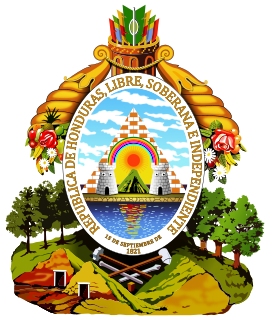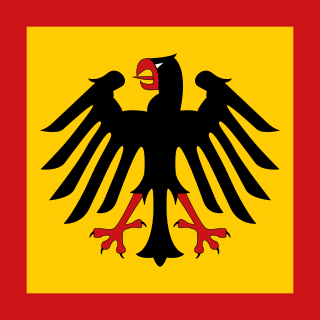
The President of Germany, officially the Federal President of the Federal Republic of Germany, is the head of state of Germany.

The Twenty-second Amendment to the United States Constitution sets a limit on the number of times an individual is eligible for election to the office of President of the United States, and also sets additional eligibility conditions for presidents who succeed to the unexpired terms of their predecessors.

The Dominican Republic is a representative democracy, where the President of the Dominican Republic functions as both the head of the government and head of the multi-party system. Executive power is exercised by the government. Legislative power is vested in the bicameral National Congress. The Judiciary is independent of the executive and the legislature.

The President of the Philippines is the head of state and head of government of the Philippines. The President leads the executive branch of the Philippine government and is the commander-in-chief of the Armed Forces of the Philippines. The President is directly elected by the people, and is one of only two nationally elected executive officials, the other being the Vice President of the Philippines. However, four vice presidents have assumed the presidency without having been elected to the office, by virtue of a president's intra-term death or resignation.

José María Montealegre Fernández was President of Costa Rica from 1859 to 1863.
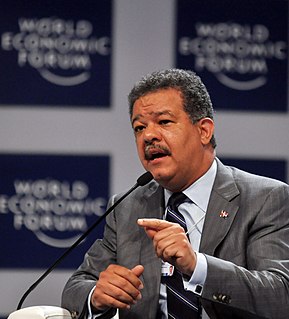
Leonel Antonio Fernández Reyna is a Dominican lawyer, academic, and was President of the Dominican Republic from 1996 to 2000 and from 2004 to 2012. Since January 2016, he is the President of the EU–LAC Foundation.
The Constitution of the State of Tennessee defines the form, structure, activities, character, and fundamental rules of the U.S. State of Tennessee.
Crescencio Gómez Valladares (1833–1921) served as President of Honduras on two occasions. However his total time as president was less than six months.
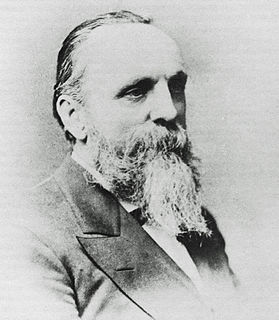
Henry Horatio Wells, a Michigan lawyer and Union Army officer in the American Civil War, succeeded Francis Harrison Pierpont as the appointed provisional governor of Virginia from 1868 to 1869 during Reconstruction. A Radical Republican labelled a carpetbagger, Wells was defeated for election in 1869 by Gilbert C. Walker, who also became his appointed successor. Wells then served as U.S. Attorney for Virginia and later for the District of Columbia.

The Utah State Legislature is the state legislature of the U.S. state of Utah. It is a bicameral body, comprising the Utah House of Representatives, with 75 state representatives, and the Utah Senate, with 29 state senators. There are no term limits for either chamber.
The Supreme Executive Council of the Commonwealth of Pennsylvania comprised the executive branch of the Pennsylvania State government between 1777 and 1790. It was headed by a president and a vice-president. The best-known member of the Council was Benjamin Franklin, who also served as its sixth president.
A constitutional convention was called to change the 1935 Constitution of the Philippines, written to establish the Commonwealth of the Philippines. A special election was held on November 10, 1970 to elect the convention's delegates, which would convene in 1971.
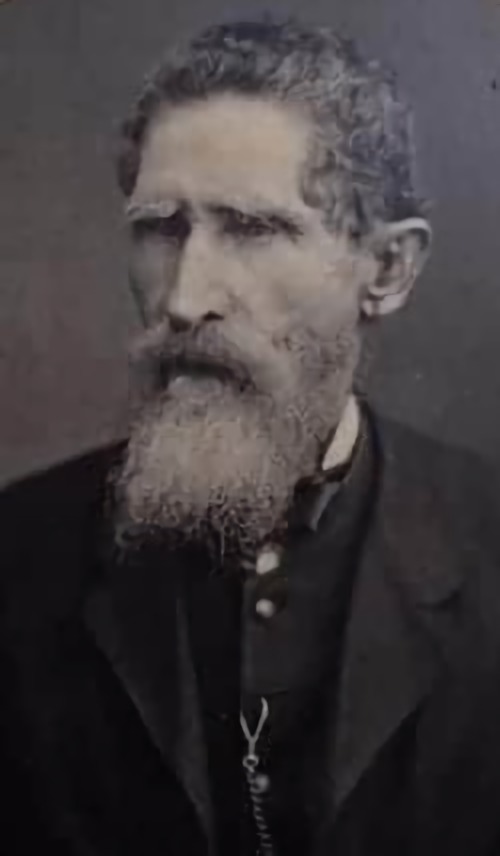
Florencio Xatruch, was a general who led the Honduran expeditionary force against William Walker in Nicaragua in 1856.

Presidential elections were held in Brazil on 15 January 1985, the last to be held indirectly through an electoral college, and the last to be held under the military regime. The electoral college system was put in place so that the military elite that controlled the government could secure the election of the candidate chosen by the High Command of the Armed Forces as President. However, in 1985, due to the process of negotiated transition to democracy that started in the late 1970s, the politicians in the electoral college were placed under no coercion, and were allowed to choose the president of their choice.
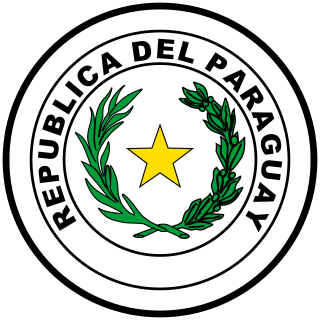
The Republic of Paraguay is governed under the constitution of 1992, which is the country's sixth since independence from Spain in 1811.
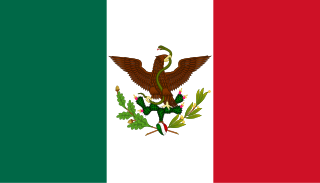
The Second Federal Republic of Mexico is the name given to the second attempt to achieve a federalist government in Mexico. Officially called the United Mexican States, a federal republic was implemented again on August 22, 1846 when interim president José Mariano Salas issued a decree restoring the 1824 constitution. Like the Mexican Empire, the First Federal Republic and the Centralist Republic it was a chaotic period, marked by political instability that resulted in several internal conflicts. Mexico's loss of the war with the United States saw half the territory Mexico claimed become part of the United States. Even though Antonio López de Santa Anna played a major role in much of this history, he returned to the presidency yet again, selling northern territory coveted by the United States contiguous to territory it just gained in the Treaty of Guadalupe Hidalgo. The sale of the Mesilla Valley was for many the final straw, and liberals promulgated of the Plan of Ayutla, calling for the overthrow of Santa Anna. Santa Anna went into exile and the liberals set about implementing their vision of Mexico.

The Constitution of Costa Rica is the supreme law of Costa Rica. At the end of the 1948 Costa Rican Civil War, José Figueres Ferrer oversaw the Costa Rican Constitutional Assembly, which drafted the document. It was approved on 1949 November 7. Several older constitutions had been in effect starting from 1812, with the most recent former constitution ratified in 1871. The Costa Rican Constitution is remarkable in that in its Article 12 of the Constitution of Costa Rica abolished the Costa Rican military, making it the second nation after Japan to do so by law. Another unusual clause include an amendment asserting the right to live in a healthy natural environment.
The Philippine Constitutional Convention of 1971 was called to change the 1935 Constitution of the Philippines. The delegates were elected on November 10, 1970, and the convention itself was convened on June 1, 1971. It was marked by controversies, including efforts to uphold term limits for incumbent President Ferdinand Marcos, and a bribery scandal in which 14 people, including First Lady Imelda Marcos, were accused of bribing delegates to favor the Marcoses.



